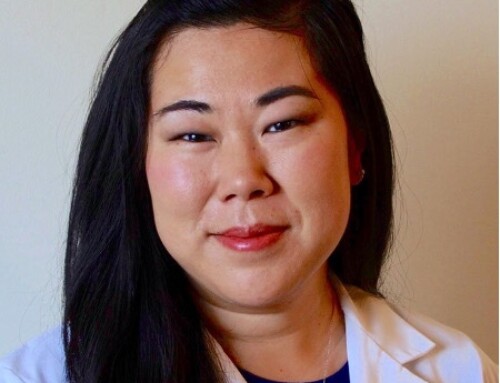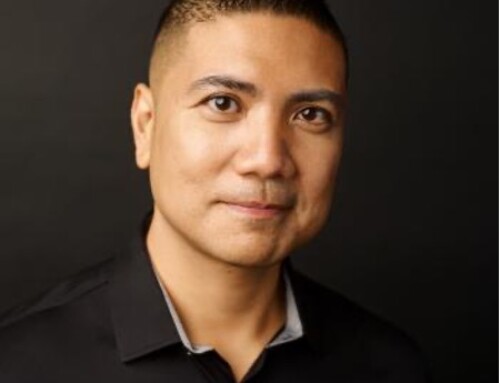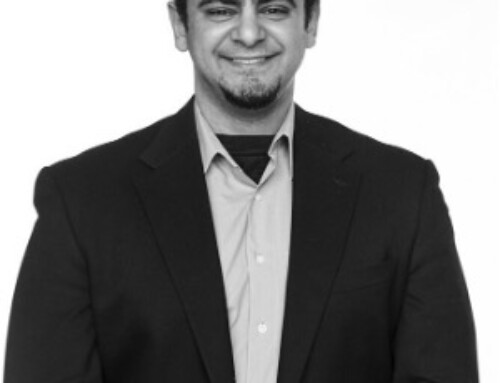This weeks post takes us back across the pond to Manchester, UK, with Dr. Rick Body (@richardbody). Dr. Body is known in the SoMe world for his contributions to the fantastic St. Emlyn’s blog and Best BETs, a great resource which summarizes research into clinically usable information. His academic focus has been on research in cardiovascular medicine and decision-making technology/biomarkers. He’s a National Institute for Health Research Postdoctoral Research Fellow (yup, he has a PhD) and also research director of the Manchester Emergency Medicine & Intensive Care Research Group (aka EMERGING), a 12 person group dedicated to Emergency Medicine and Critical Care. On top of it all, he’s organizing the Royal College of Emergency Medicine Scientific Congress and European Congress on Emergency Medicine. He has graciously taken a few moments to shares his insights into how to navigate the information overload era.
 Name: Rick Body, MB ChB, MRCSEd(A&E), FCEM, PhD
Name: Rick Body, MB ChB, MRCSEd(A&E), FCEM, PhD- Location: Manchester, UK
- Current job: Consultant in Emergency Medicine at Central Manchester University Hospitals NHS Foundation Trust and Research Director for the Emergency Medicine and Intensive Care Research Group (EMERGING)
- One word that best describes how you work: Frantic
- Current mobile device: iPhone 5S
- Current computer: iMac for home, Samsung laptop and iPad for everywhere, Acer netbook for flights, and a HP PC for at work
What’s your office workspace setup like?
At work I share my office with the Emergency Medicine & Intensive Care Research Group that I lead. The office is totally devoid of any natural light, brimming with old files and paper, and water from the shower in the ward above us occasionally leaks through the ceiling. Aside from that, our office is a hive of awesome activity. We have five research nurses who buzz around recruiting patients at every opportunity:
- Katharine Wylie – the Best BETs Information Scientist and our Trials Co-ordinator
- A Data Manager
- Two research fellows doing PhDs with another who comes in around once a week
We also regularly welcome Clinical Research Associates in to monitor our commercial studies. Having so many staff is brilliant, but we finally knew we’d arrived as a credible research group when one last vital piece of kit arrived at Christmas – the Nescafe Dolce Gusto coffee machine. Our next target is a Jacuzzi, although I think that might take a while.
At home I used to have a spectacular study in the spare bedroom where the walls were adorned with paintings of my favourite Manchester United greats. However, nine weeks ago, a small baby arrived and completely took over. So now the study is in my bedroom, which is still awesome.
What’s your best time-saving tip in the office or home?
My biggest problem is that, with my endless enthusiasm for most things, I tend to take on too much and some of the things I’ve taken on could get forgotten or neglected. Now, roughly every three weeks I’ll plan out my time by blocking space in my diary. I know all the plates I need to keep spinning so I allocate time to each of them. For example:
- 3 hours to organise the EuSEM Congress on a particular afternoon;
- 4 hours to draft a paper (which might not be done in one go but it moves things on)
- 2 hours to write a blog post
- 2 hours for clinical admin
- 1 hour to work on setting up a new study
Once I’ve fitted all of this into my diary, I know roughly how many other things (like meetings) I can fit in without letting any of the plates drop. So far that works really well. It also helps me to realise when I have to say ‘no’ to new things.
What’s your best time-saving tip regarding email management?
Email is one of the only things I really hate. It can seriously take over your life. If I answered all my emails, I wouldn’t get anything else done! So I have literally just stopped worrying about them too much. One or two might get missed, which isn’t intentional, but anything that’s really important will come back eventually. Thanks to Iain and Natalie, our St. Emlyn’s team now communicates by WhatsApp, which is much more efficient.
I did briefly entertain a polite ‘Auto Reply’ to let people know that I struggle to keep up with email these days. However, a couple of people gave me some slightly negative feedback (one said it was disrespectful to send an auto reply) so I stopped it. If there’s an email you can reply to quickly, just do it. I use Siri to dictate quick emails while I’m doing other things, which is fast. I also file emails to do with certain projects in folders and I reply to them in batches, maybe once a week.
What’s your best time-saving tip in the ED?
In all honesty, my best time saving tip is to forget about time when you’re seeing patients. That seems counter-intuitive. As a junior, I always wanted to be fast so that patients wouldn’t have to wait so long. From the start of every consultation I was conscious that the clock was ticking and I really tried to direct and focus what was happening. Nowadays, I realise how badly mistaken I was. Those first few moments after you make initial contact with a patient are crucial to help them to relax, to trust you and to open up about what’s really troubling them. Listen to your patient without interrupting. Make good eye contact. Allowing brief moments of silence gives them opportunities to realise you’re listening, to tell you things they otherwise wouldn’t, to appreciate that they don’t need to exaggerate their symptoms to get you to take them seriously. Ultimately, by really understanding what’s going on you get to an accurate diagnosis faster.
Not everyone will go for that one so I’ll give you another – about red (standby) calls or pre-alerts from the EMS. When I started as a consultant, the nurses used to ask me to see critically ill ‘red call’ patients and I’d say yes without thinking. Once, I took a patient with a serious head injury, intubated him, prepped him for CT and then realised something really important. As the senior doctor on duty, I was giving my single patient great care but the entire rest of the department was left unsupervised and the juniors were unsupported.
Now, if the nurses ask me to see a red call I say yes and ask which registrar (resident) is coming in with me. I’ll take them with me so that I can easily delegate and hand on the care when I need to see to other patients. Honestly, this revolutionised how I worked as a consultant.
ED charting: Macros or no macros?
I seriously wish we had macros. Our notes are hand written right now. Personally, I type my notes, print them and staple them to the card. Writing is an ancient art and I lost the ability to do it properly long ago. I can type faster than I write and people can read it, so this is a no brainer for me. My letters are dictated using voice recognition then typed by our amazing secretaries. I’d really like to have macros to make note keeping more efficient but we’re way off that. I don’t think it should ever replace writing something individualised though.
What’s the best advice you’ve ever received about work, life, or being efficient?
My dad, who was a deputy head teacher at a large inner city school in Manchester, gave me what I think is the best piece of advice I’ve ever had. When I was growing up there was a lot of gang-related gun crime in Manchester and my dad taught lots of the gang members. He’d confiscate guns, knives and deal with kids ransacking the school in fits of rage on an almost daily basis. At parents evenings even the mums and dads would get shirty.
As I started working in Emergency Medicine I realised how often patients and relatives could be confrontational too – when they’re drunk, on drugs, in pain or just plain angry. I asked my dad how he dealt with conflict like that. He explained that those people are experts at confrontation. Some of them do it all day, every day and most of them have had plenty of practice. As doctors (or teachers) we’re not experts at confrontation. It’s not our game – we’re good at trying to help people. So we should play the game that we’re good at. Never try to win a confrontation with a patient or a relative. Change the game. That’s what I’ve done ever since, and it’s always served me well.
Is there anything else you’d like to add that might be interesting to readers?
Whatever you do, be passionate about it, help others and enjoy it. If you really can’t manage that, do something else.
Who would you love for us to track down to answer these same questions?
- Minh Le Cong (@ketaminh)
- Jeff Kline (@klinelab)
- Cliff Mann (@RCEMpresident)





